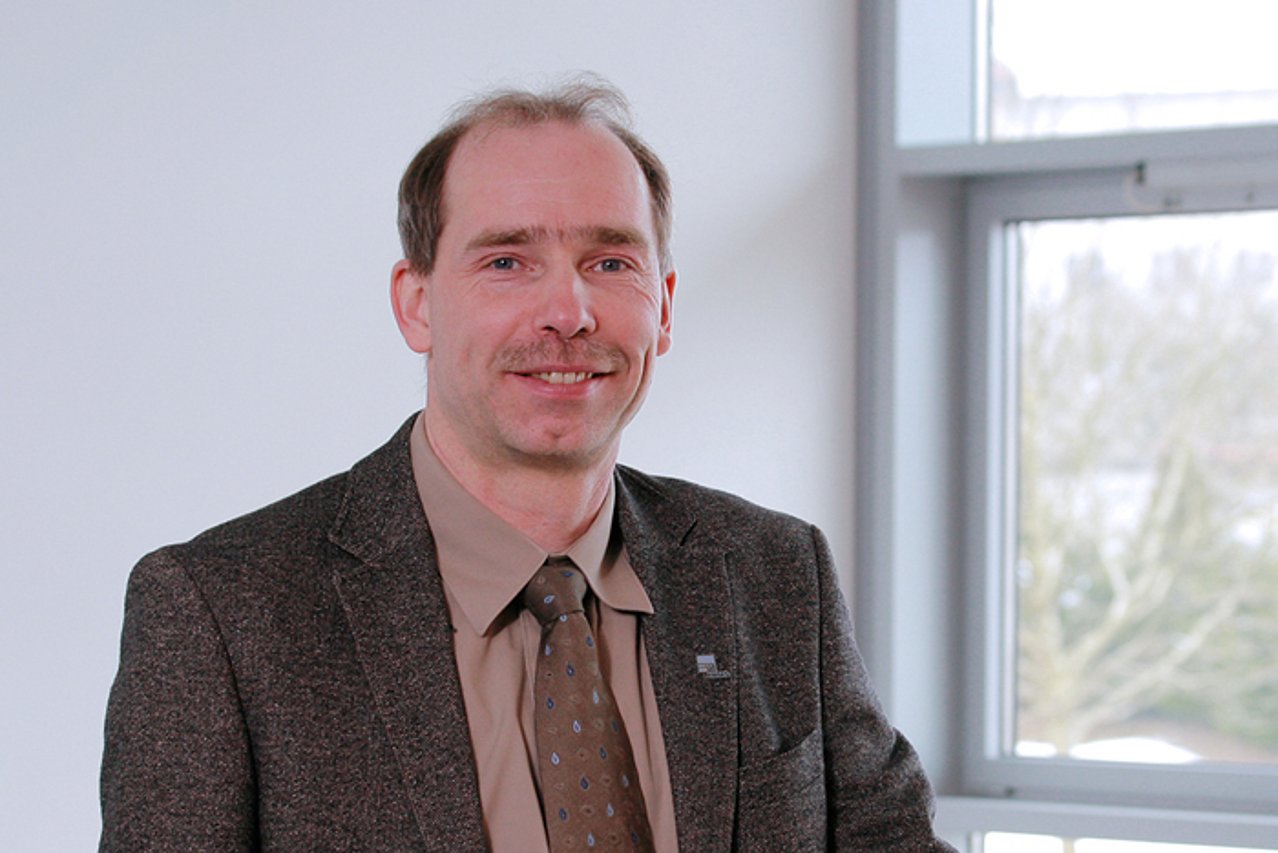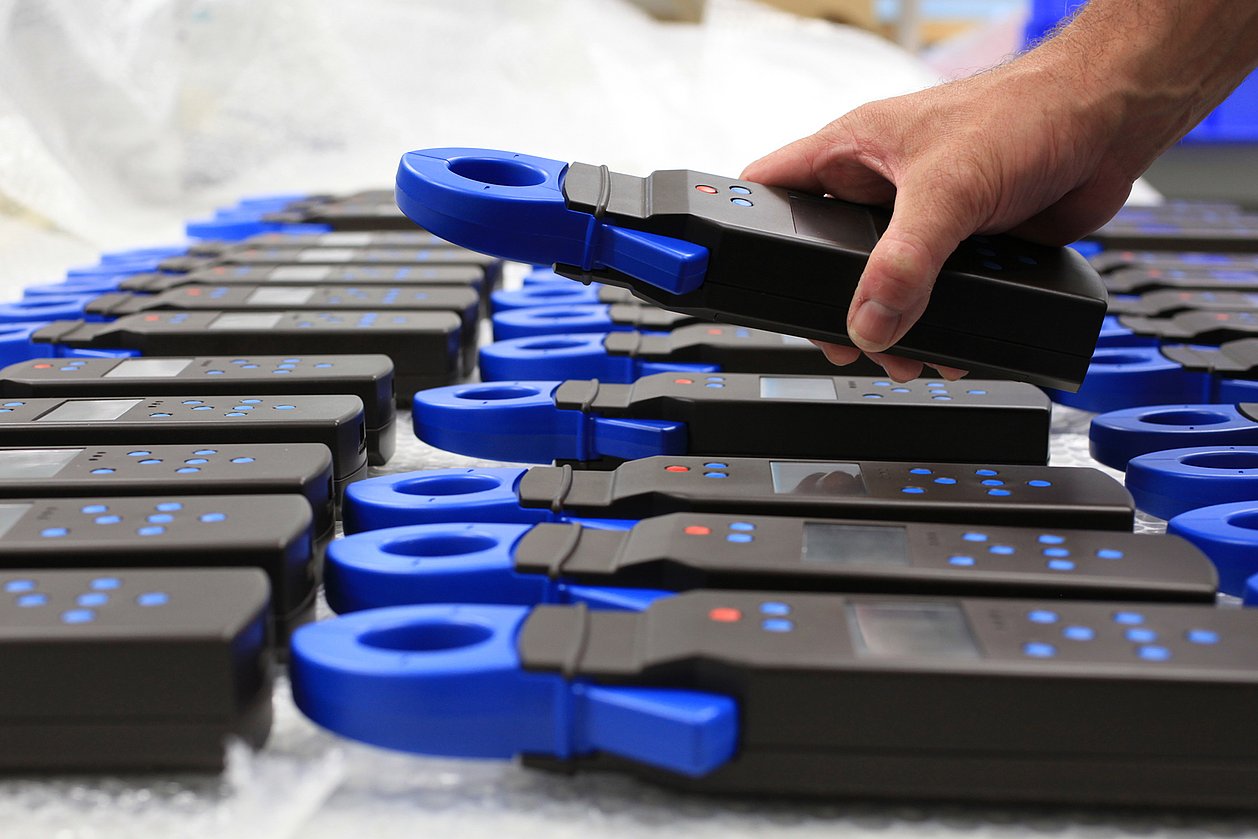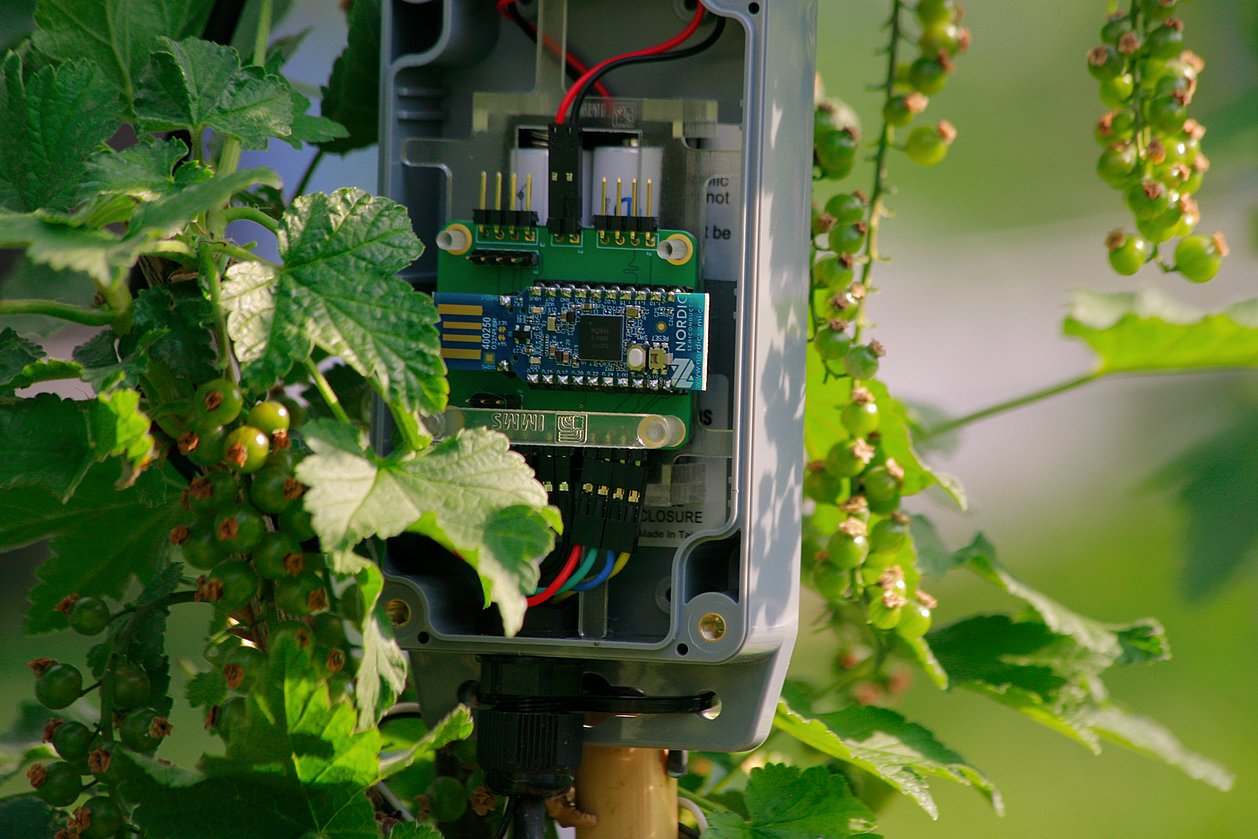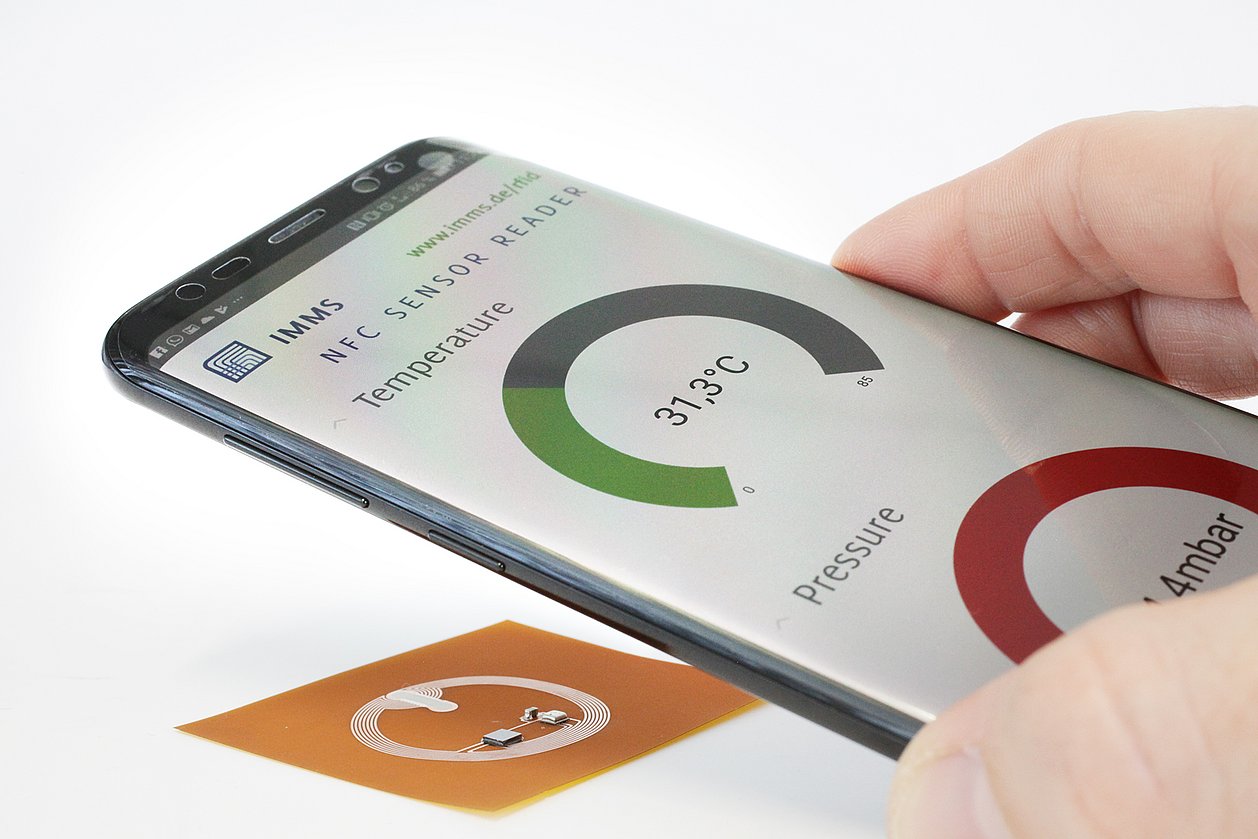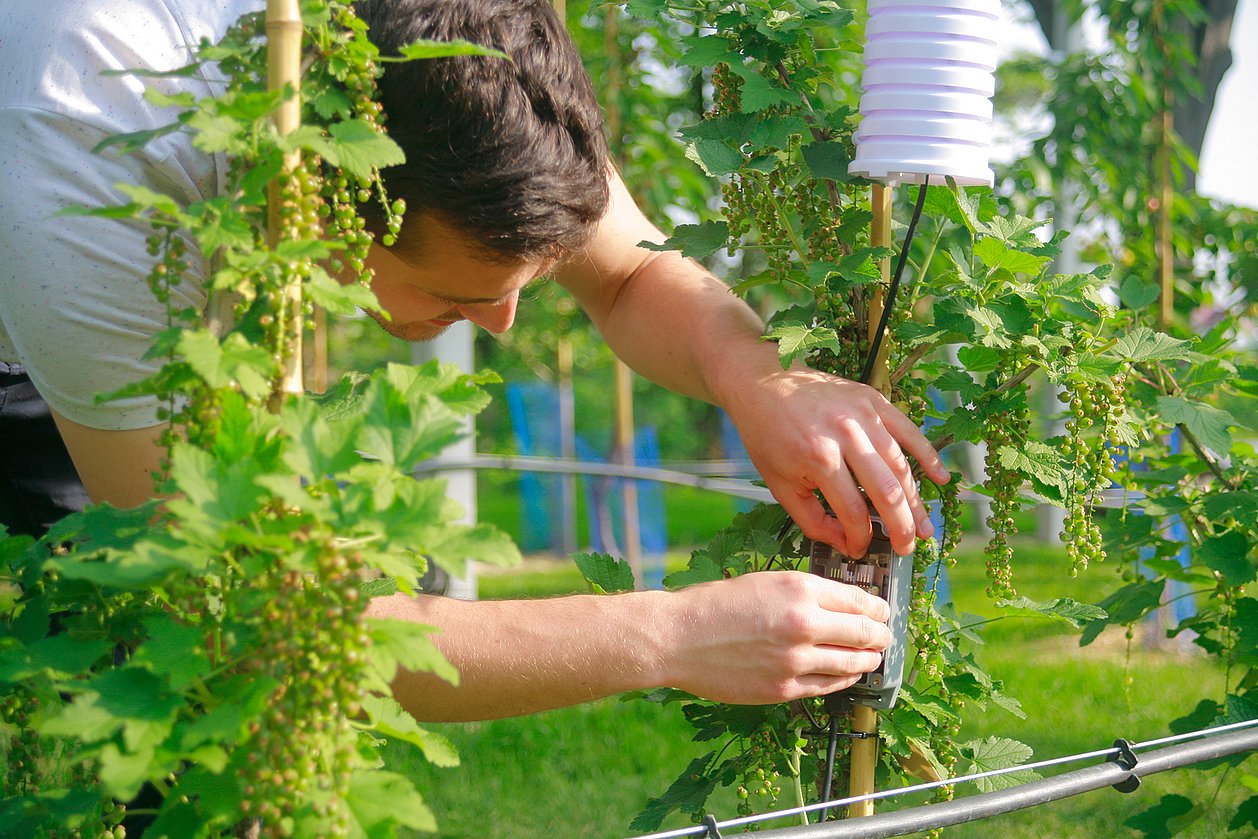Core topic Analysis of distributed IoT systems
Increasing complexity of distributed systems with minimal energy consumption required
In the Internet of Things, sensor data and information are collected and processed. The necessary system components are being used more and more widely thanks to diverse sensor technology and the goal of automated analyses, causing data volumes to increase exponentially. Thus, processing the data no longer is only practical at central points such as in the cloud, because bandwidth and real-time requirements can increasingly not be met.
Distributed processing, however, further increases the complexity of the systems. At the same time, it is becoming more important to minimise the overall energy consumption of the systems in terms of sustainability. To deal with this, it is necessary to design functions flexibly so that they are only executed when needed and are not firmly defined in advance.
Research on flexible and robust IoT components
For such complex distributed IoT systems, we are working on modelling networks and nodes for system-wide analysis of functionality and associated energy consumption. We are investigating how intelligence can be established in the network, how tasks can be solved flexibly and autonomously and how individual functions can be made portable and robust.
Contact
Contact
Dr.-Ing. Tino Hutschenreuther
Head of System Design
tino.hutschenreuther(at)imms.de+49 (0) 3677 874 93 40
Dr. Tino Hutschenreuther will answer your questions on our research in Smart distributed measurement and test systems and the related core topics Analysis of distributed IoT systems, Embedded AI and Real-time data processing and communications, on the lead applications Adaptive edge AI systems for industrial application and IoT systems for cooperative environmental monitoring as well as on the range of services for the development of embedded systems.
Related content

Project
Waldmonitor
IMMS develops robust communication solutions and energy-autonomous sensors for monitoring abiotic factors in forest conversion.

Project
MIRO
Future-proof regional fruit growing through systematic data collection (digital twin) and data exchange along the value chain
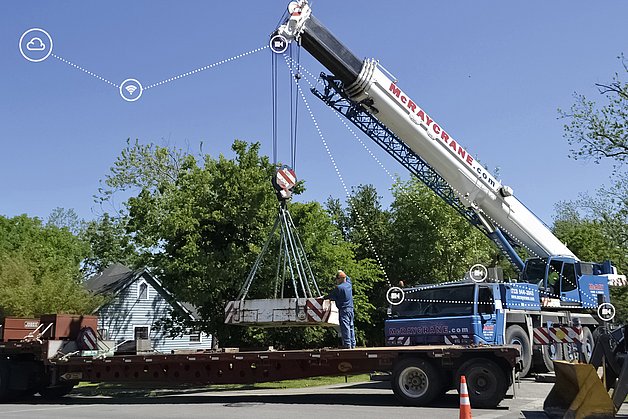
Project
EdgeCam
In EdgeCam, IMMS provides the smart communications between cameras of a virtual safety zone for truck cranes.

Project
thurAI
In thurAI, IMMS is working on sensor technology for SmartCity and methods to intelligently process data in the network for AI evaluations.

Reference
Dirk-Hendrik John, Software-Service John GmbH
“From our point of view, the design IMMS came up with for the architecture was in itself convincing. Further, we were impressed by its support in integrating our application with the MQTT standard. Both during the ongoing joint field test in Jena and during the entire project period, IMMS staff were always readily available with prompt support if questions or problems arose.”

Reference
Dr. Katja Nicolai, IL Metronic
“From my point of view, the numerous outcomes, many of them already validated by demonstrators, speak for themselves. These wireless solutions with their energy self-sufficiency are blazing the trail for quick, cheap and easy retrofitting. I envisage their use not only in manufacturing processes but in other areas such as transport and logistics.”
Digitale Lösungen für den Obstbau: Assistenzsystem Obstverarbeitung – Digitaler Obstsorten-Zwilling
Lukas Oehm1. Marco Götze2.Obstbautag Mecklenburg-Vorpommern 2026, 24. Februar 2026, Güstrow, Mecklenburg-Vorpommern, Germany
1Fraunhofer-Institut für Verfahrenstechnik und Verpackung IVV, Dresden. 2IMMS Institut für Mikroelektronik- und Mechatronik-Systeme gemeinnützige GmbH, Ehrenbergstraße 27, 98693 Ilmenau, Germany.Smartes Maschinenmonitoring – Anomalien mit Edge-KI detektieren
Sebastian Uziel1.in elektroniknet.de, 11. November, S. 37 - 40, www.elektroniknet.de/automation/industrie-40-iot/anomalien-mit-edge-ki-detektieren.228572.html und in Markt&Technik, Trend Guide 2025, ePaper: wfm-publish.blaetterkatalog.de/frontend/mvc/catalog/by-name/MUT
1IMMS Institut für Mikroelektronik- und Mechatronik-Systeme gemeinnützige GmbH, Ehrenbergstraße 27, 98693 Ilmenau, Germany.Quantization Compensator Network: Server-Side Feature Reconstruction in Partitioned IoT Systems
Isaac Sánchez Leal1. Oscar Artur Bernd Berg1. Silvia Krug1,2. Eiraj Saqib1. Irida Shallari1. Axel Jantsch1,3. Mattias O’Nils1. Tomas Nordström4,5.in IEEE Access, vol. 13, pp. 186488-186508, 2025, DOI: doi.org/10.1109/ACCESS.2025.3627072
1Mid Sweden University, Sundsvall, Sweden. 2IMMS Institut für Mikroelektronik- und Mechatronik-Systeme gemeinnützige GmbH, Ehrenbergstraße 27, 98693 Ilmenau, Germany. 3Christian Doppler Laboratory for Embedded Machine Learning, Institute of Computer Technology, TU Wien, Vienna, Austria. 4Department of Applied Physics and Electronics, Umeå University, Umeå, Sweden. 5Research Institutes of Sweden (RISE), Borås, Sweden.Suitability of Radio Communication Technologies for Smart Orchards Considering Seasonal Effects
Silvia Krug1,2. Falk Eisenreich1. Tino Hutschenreuther1.2025 IEEE International Workshop on Metrology for Agriculture and Forestry (MetroAgriFor), October 28-30, 2025, Bologna, Italy
1IMMS Institut für Mikroelektronik- und Mechatronik-Systeme gemeinnützige GmbH, Ehrenbergstraße 27, 98693 Ilmenau, Germany. 2Mid Sweden University, Sundsvall, Sweden.


